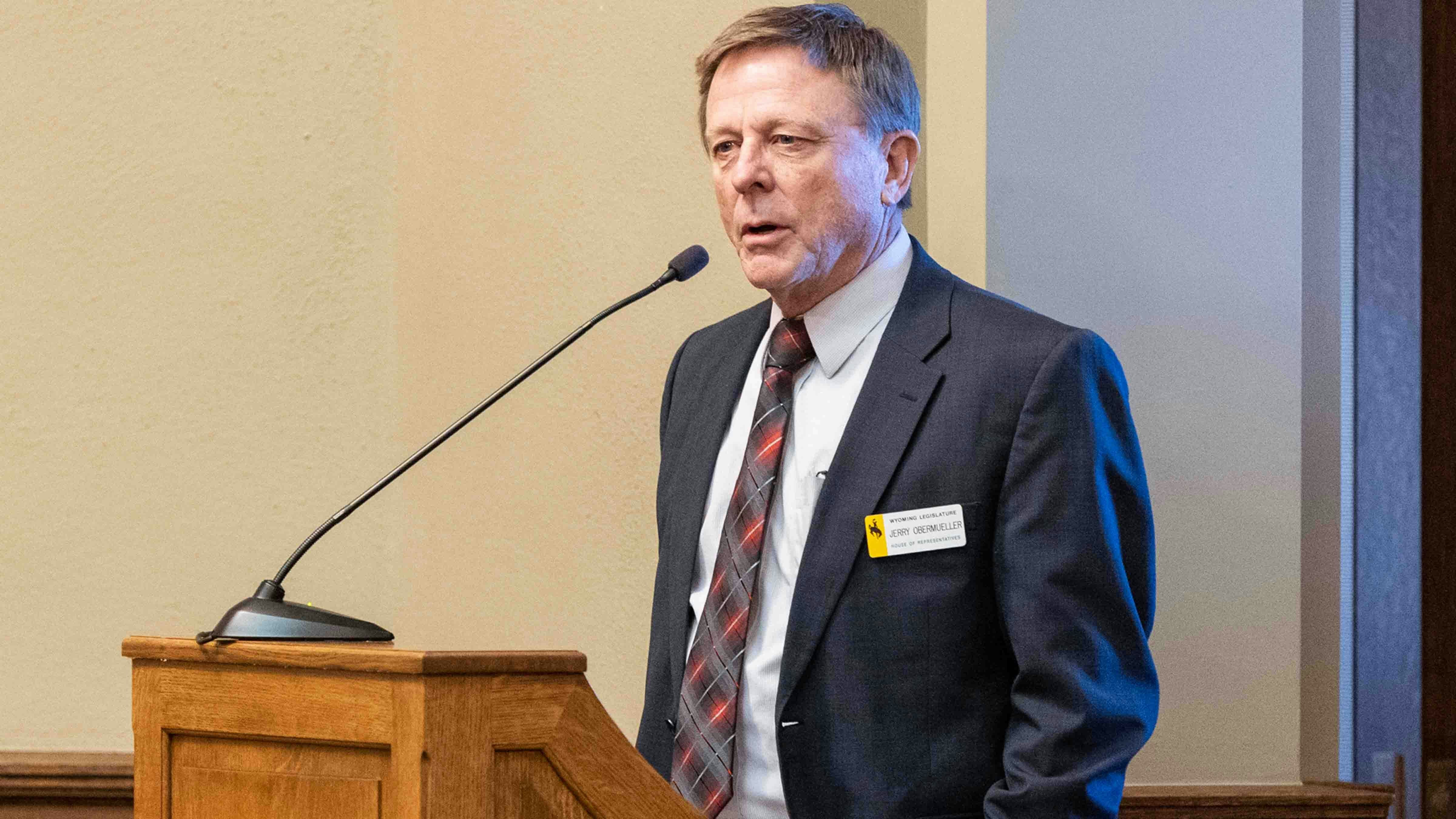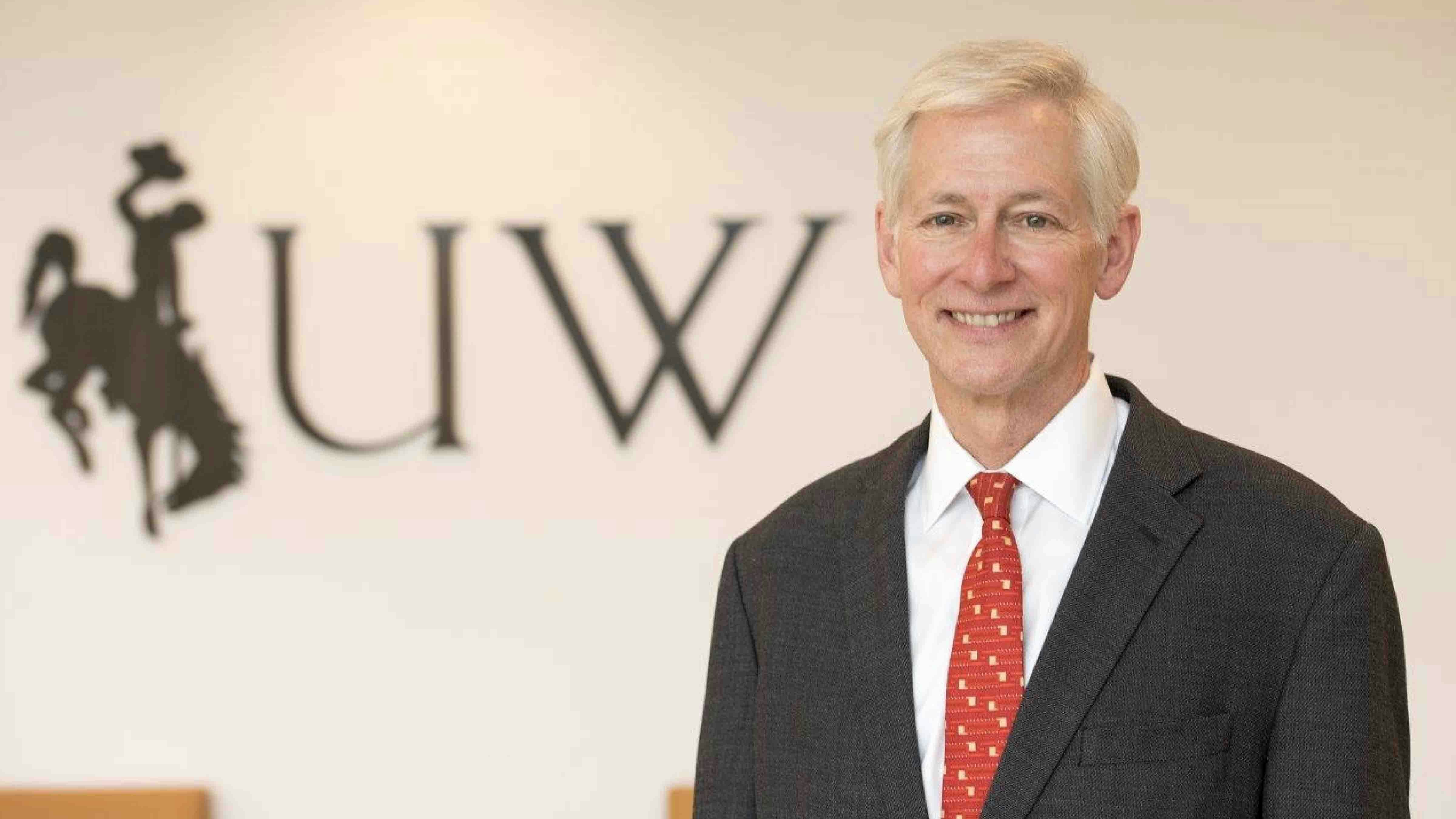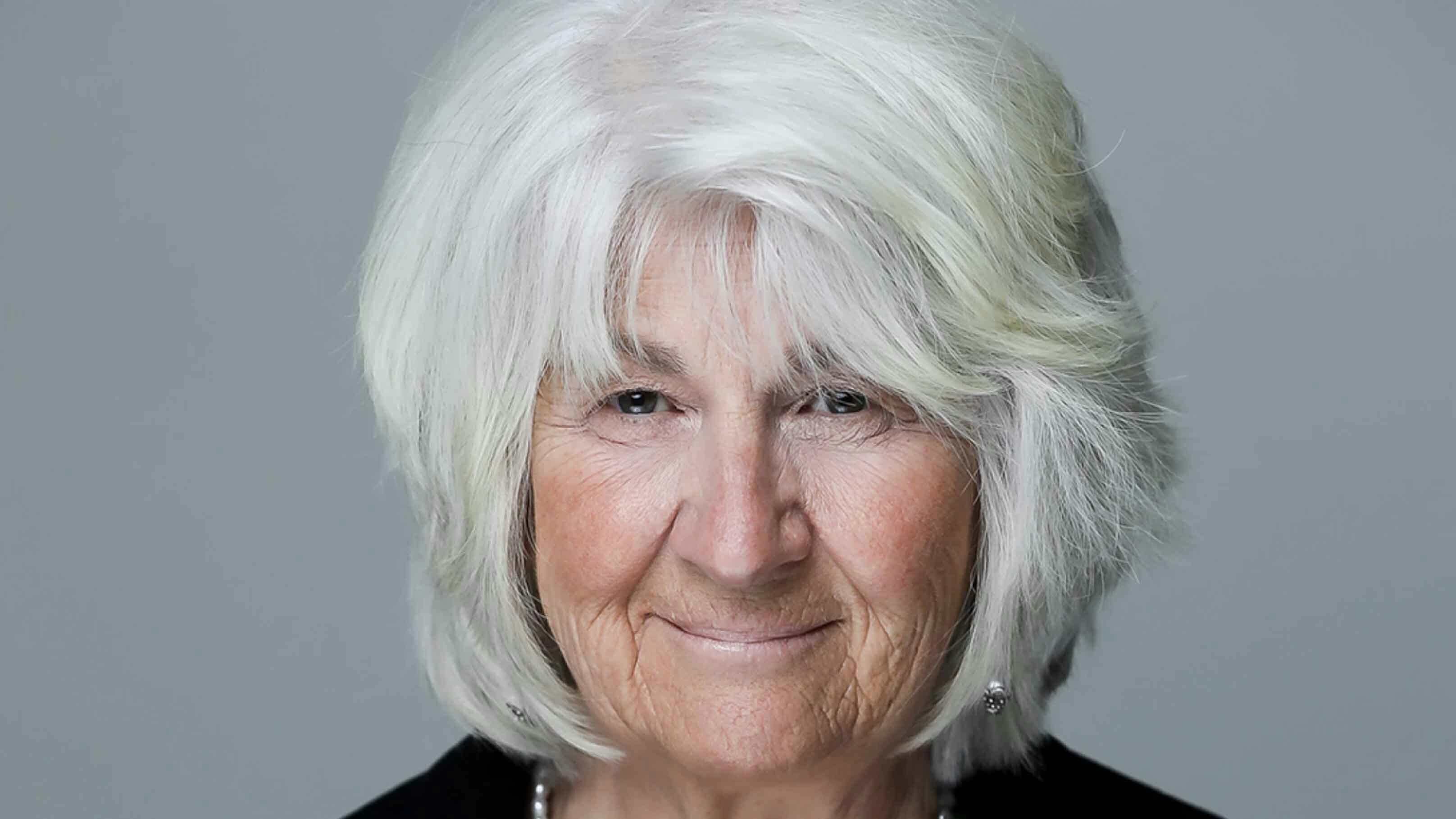A few blocks southeast of the Wyoming State Capitol is a well-functioning parochial school founded in 1892, just two years after statehood. My wife and her siblings attended that school in the 1950s and 60s.
Her family couldn’t afford to pay tuition, but all four kids went anyway—funded by contributions of the church’s general membership.
Schools like this one depend on the separation of church and state in order to maintain their respectful distance from government and remain self-reliant. This separation is enshrined for good reason in Wyoming’s constitution.
As a result, for all of Wyoming’s 133-year history as a state, churches with privately funded school facilities and privately funded scholarships for low-income families have thrived.
But now, that separation has been breached, and private and parochial schools in Wyoming will be worse off for it.
This year, the Legislature passed a law creating a new program to fund private and parochial schools with public money. As someone who was raised and remains in the church, I see this as an example of when government “help” actually hurts.
Providing public funding for private education diminishes individual incentives and corporate responsibility of church members, and that hurts.
When schools that have operated successfully for more than a century are faced with accepting government money to remain competitive, that hurts.
When new facilities are built and staff sizes grow, thus assuring the dependence on government, the loss of autonomy will really hurt.
The bill that passed will allow some Wyoming families to receive $6,000 per student so that they can pay tuition at private and parochial schools that have, historically, relied on the faithful giving of members.
Who will receive this money? Schools in the most populous parts of the state like Cheyenne and Casper will grab the lions share due to the capacity of their existing and planned facilities.
It should be noted that the cost of public education will be only marginally lower since funding does not actually “follow a child” but is based primarily on the number of teachers, classroom space, bussing, and special education. In short, ESAs are an additional cost, not a cost savings as some claim.
When the government pays for both public and private education, it may look like it’s creating competition, but in any organization there in only one purpose, one philosophy, one direction.
In the long term, government, like any business, will not compete against itself. When the government is paying, “competition” will always be subject to the constraints that the government dictates to meet its own objectives.
This new “education savings account” program is being created at a time when church attendance is in decline, and commitment to the church’s mission is waning. In this moment of perceived weakness, some churches are looking to government to solve what is clearly a spiritual problem.
We all know that the winds of government that blow in the church’s favor today can blow you over tomorrow, especially if you’ve made yourself vulnerable.
“Education saving accounts” is that vulnerability. These accounts are not a “wall of separation” as proponents suggest, rather the mechanism to transfer money from the public treasury to the collection plate, the largest church fundraiser ever in Wyoming.
Forget about the next church bake sale to support the school.
Today, the church should be fighting hard to defend the wall of separation between church and state, not inviting the state in. Once government money is inside the church walls, the ability of the church to speak independently and critically into the government will be lost.
Years from now, when the people of Wyoming ask when it happened that the state got its foot in the door and started to usurp the authority of the family and church, they will look back to 2024.
That is when the Wyoming Legislature breached the wall of separation of church and state that had protected the church at large for 133 years.
Representative Jerry Obermueller
Wyoming House District 56





